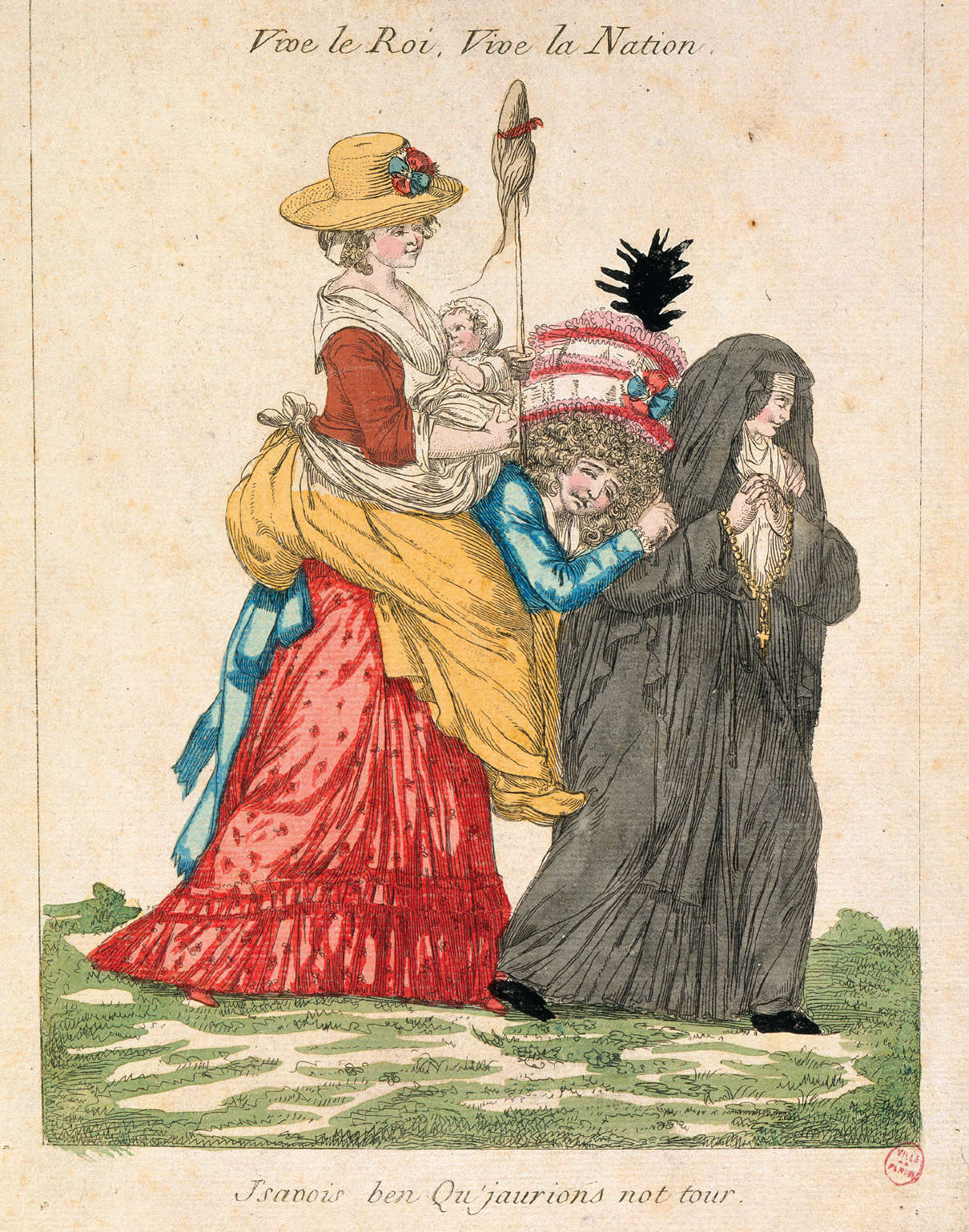Introduction
CHAPTER SIXTEEN
Atlantic Revolutions, Global Echoes
1750–1914

The Haitian earthquake of January 2010 not only devastated an already impoverished country but also reawakened issues deriving from that country’s revolution against slavery and French colonial rule, which finally succeeded in 1804. Twenty-one years later, the French government demanded from Haiti a payment of 150 million gold francs in compensation for the loss of its richest colony and its “property” in slaves. With French warships hovering offshore, Haitian authorities agreed. To make the heavy payments, even after they were somewhat reduced, Haiti took out major loans from French, German, and North American banks. Repaying those loans, finally accomplished only in 1947, represented a huge drain on the country’s budget, costing 80 percent of the government’s revenue in 1915. Now in 2010, with the country in ruins, an international petition signed by over 100 prominent people, called on the French government to repay some $17 billion, effectively returning the “independence debt” extorted from Haiti 185 years earlier. While the French government dismissed those claims, the issue provided a reminder of the continuing echoes of events from an earlier age of revolution.
SEEKING THE MAIN POINT
What were the most important outcomes of the Atlantic revolutions, both immediately and in the century that followed?
THE HAITIAN REVOLUTION WAS PART OF AND LINKED to a much larger set of upheavals that shook both sides of the Atlantic world between 1775 and 1825. Haitians had drawn inspiration from the earlier North American and French revolutions, even as their successful overthrow of French rule helped shape the Latin American independence struggles that followed. These four closely related upheavals reflect the new connections among Europe, Africa, North and South America, which took shape in the wake of Columbus’s voyages and the European conquests that followed. Together, they launched a new chapter in the history of the Atlantic world, while the echoes of those revolutions reverberated in the larger world.
A Map of Time
| 1775–1783 | American Revolution |
| 1780s | Beginnings of antislavery movement |
| 1789–1799 | French Revolution |
| 1791–1803 | Haitian Revolution |
| 1793–1794 | Execution of Louis XVI; French terror |
| 1799–1814 | Reign of Napoleon |
| 1807 | End of slave trade in British Empire |
| 1810–1811 | Hidalgo-Morelos rebellion in Mexico |
| 1810–1825 | Latin American wars of independence |
| 1822 | Brazil gains independence from Portugal |
| 1848 | Women’s Rights Convention, Seneca Falls, New York |
| 1861 | Emancipation of serfs in Russia |
| 1861–1865 | Civil War and abolition of slavery in United States |
| 1870–1871 | Unification of Germany and Italy |
| 1886–1888 | Cuba and Brazil abolish slavery |
| 1920 | Women gain the vote in United States |